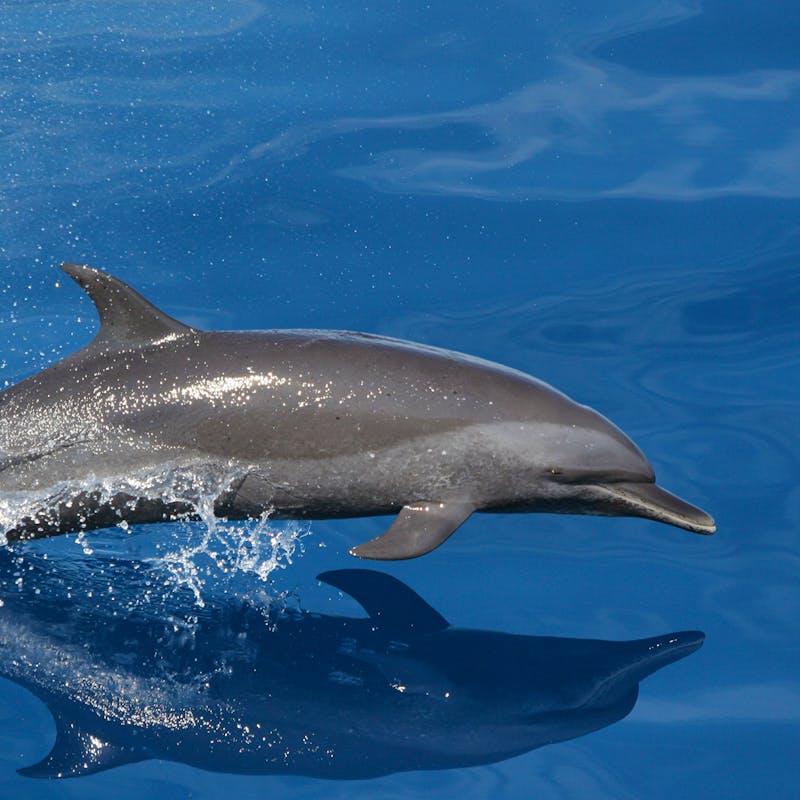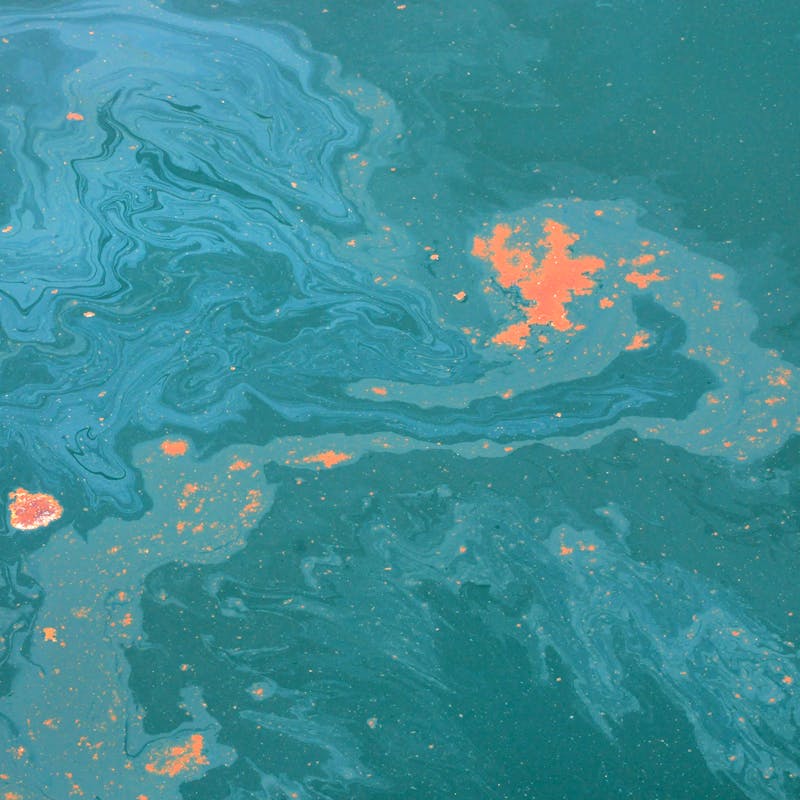
Plastic bags imperil leatherback sea turtles, who are thought to mistake the bags for jellyfish.
(An irregular column to capture insults to wildlife)
Plastic bags have long been the bane of conservationists around the world. Cheap to produce and disposed of without a second thought, plastic bags kill marine animals, leech toxic chemicals and take an estimated 1,000 years to decompose in landfills. Not to mention they play a starring role in the Great Pacific Garbage Patch. So why are California textbooks now touting positive messages about these disposable derelicts?
According to the Huffington Post, schools officials in California edited a new environmental curriculum to include positive messages about plastic shopping bags after feeling pressure from the American Chemistry Council, a lobbying group for the plastics industry. This included a rewrite of textbooks and teachers’ guides, featuring a new section to the 11th-grade teachers’ edition textbook called “The Advantages of Plastic Shopping Bags.” The title and some of the textbook language were inserted almost verbatim from letters written by the chemistry council.
Absent from the rewrite is the fact that each year, Americans use an estimated 100 billion plastic shopping bags – almost all of which are thrown into the garbage, and with many migrating to the planet’s rivers, lakes and oceans. The millions of tons of plastic floating in the world’s oceans traps as many as a million seabirds every year, as well as some 100,000 marine mammals. Many of these animals mistake the bags for food, such as the imperiled leatherback sea turtle, who likely mistakes the plastic bags for jellyfish, a preferred food source.
Fortunately, change is in the air: throughout the country, efforts have been launched to cut down on the use of plastic bags, from the explosion of reusable shopping bag sales to plastic bag taxes. Washington, D.C. was the first to institute a 5 cent tax on plastic bags distributed by any “business that sells food items,” from grocery stores to bakeries. The Anacostia River Clean Up and Protection Act, known locally as “Skip the Bag, Save the River,” is an attempt to save the city’s degraded Anacostia River.
Not only has the effort been successful, but Treehugger asked if this may be the most effective tax ever. Just one month after its introduction last January, the number of plastic bags handed out by supermarkets and other establishments dropped from the 2009 monthly average of 22.5 million to just 3 million. While significantly reducing plastic waste, the tax revenues will be used to clean up the Anacostia. The District isn’t the only one reaping success from a plastic bag ban. In China, a ban on super thin plastic bags reduced plastic bag usage by 66 percent and saved China 1.6 million tons of petroleum. With savings like these, a plastic bag tax has the potential to catch on worldwide.
Now THAT’S the kind of problem solving that should be taught in schools.
To learn more about how plastic bags make it from the check-out aisle to our waterways, watch The Majestic Plastic Bag – a Mockumentary.






Follow Defenders of Wildlife
facebook bluesky twitter instagram youtube tiktok threads linkedin